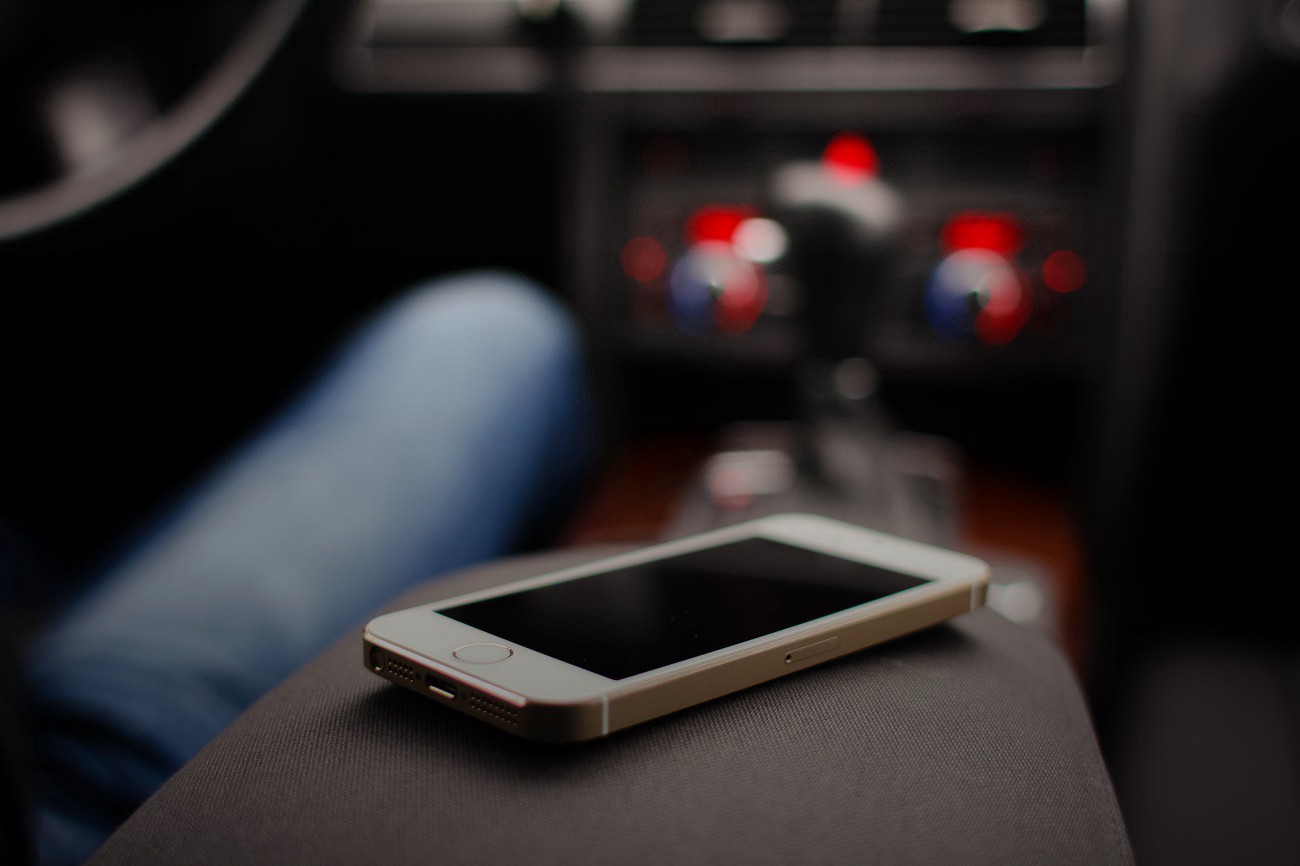Some friends of mine on the east coast keep pushing for folks thinking about civic technology to focus less on building new technology and instead work towards making existing technology more civic. The rationale is clear: you could leverage existing user bases, tie in proven business models, and make more mainstream the civic interventions, which otherwise might be left at the periphery. Most common is probably transit (Google Maps using local government provided route data), and new examples such as Yelp displaying restaurant inspection scores signal the immense opportunity emerging as more and more data from government is made openly available (and standardized).
But ingesting civic data into a consumer platform is really just the start. What’s more exciting to me, at least, is the potential to do more: perform civic functions or transactions, use the physical infrastructure that so many companies are leveraging now and making available, etc.
To that end, I kicked around a few ideas that I thought I’d share:
- Turn Ubers into Ambulances — AEDs in Ridesharing Vehicles: If you can connect a heart attack victim with an Automated External Defibrillator (AED) and a trained volunteer faster than an ambulance you dramatically increase their likelihood of staying alive. There was an app that tried to do this before, built by firefighters in San Ramon, but uptake and scale are questionable. First challenge is mapping AEDs; second is getting citizens to download the app. Could we put AEDs in Ubers? Cars are just minutes away throughout the city, and now with AT&T beginning to pre-install the application, there’s amazing and growing market penetration. (You could even throw in free rides to citizens willing to get trained and participate.) Tricky, and may be undoable, but speaks to the broader notion of the opportunity presented by all of these cars driving around the city to rethink civic functions.
- Flu Shots On-Demand — Uber / Postmates Flu Shot Delivery: Uber already does kittens on demand, etc, as promotions, and did recently start doing Goodwill pickup for spring cleaning. There are a critical services that they could be providing: flu shots, etc.
- AirBnB for HSA / Disaster Response, etc: In various scenarios (homeless family, victims of domestic abuse, etc) Airbnb could offer flux housing for citizens. We could even create a in-kind donation model, where both Airbnb and the homeowner could be able to get tax credit for their gifting of the space in those situations.
- Kitchit for the elderly (or any other chef service): Gives the elderly a warm meal (which they often don’t have, a chance to connect, and someone to checkin on them; modeled off of the successful Casserole Club in the UK.
- Ridesharing + Streetbump: The City of Boston developed an innovative new take on reporting potholes: StreetBump, an app that uses the phone’s hardware to track road issues automatically while you’re driving, sending them into the city for repair. Challenge again though is adoption; getting people to download and run the app (though they’ve had good traction so far). There are already thousands of cars driving around the streets of every major city with smartphones mounted on their dash: rideshares. Have them use Streetbump, and you’ll get more data than ever before, and plus side: they benefit from better streets — they don’t want their cars banged up by potholes.
- TaskRabbit for 311 / Building Inspection: Many of the “issues” coming out of the city could be easily solved / addressed by the private sector, or even by an individual, as I wrote a bit about before. Why not hook up the open data coming from building inspections and 311 into TaskRabbit? You’d help make the city cleaner/safer, and offer jobs.
- Public Health Alerts in Foursquare / Yelp, etc: The main function of most local public health departments is communications, but their means is antiquated; Apple has built in Emergency warnings into iOS, so you could imagine a similar system for public health issues on major location-based platforms, making citizens aware of a relevant public health issue.
There are just a couple of ideas I brainstormed, realizing though that the sustainability and implementation of any of these would be very challenging. It’s a long game, but as these technologies become increasingly mainstream and cities continue to look for creative ways to solve their problems, I think it’s an important conversation we need to be having. How do we use the technology — mobile, real-time, location aware, etc — that makes consumer apps so great to change the way we think about how cities work? How do we then get those things into the hands of people who need them? And more broadly, what civic responsibility should consumer platforms in the 21st century have?

